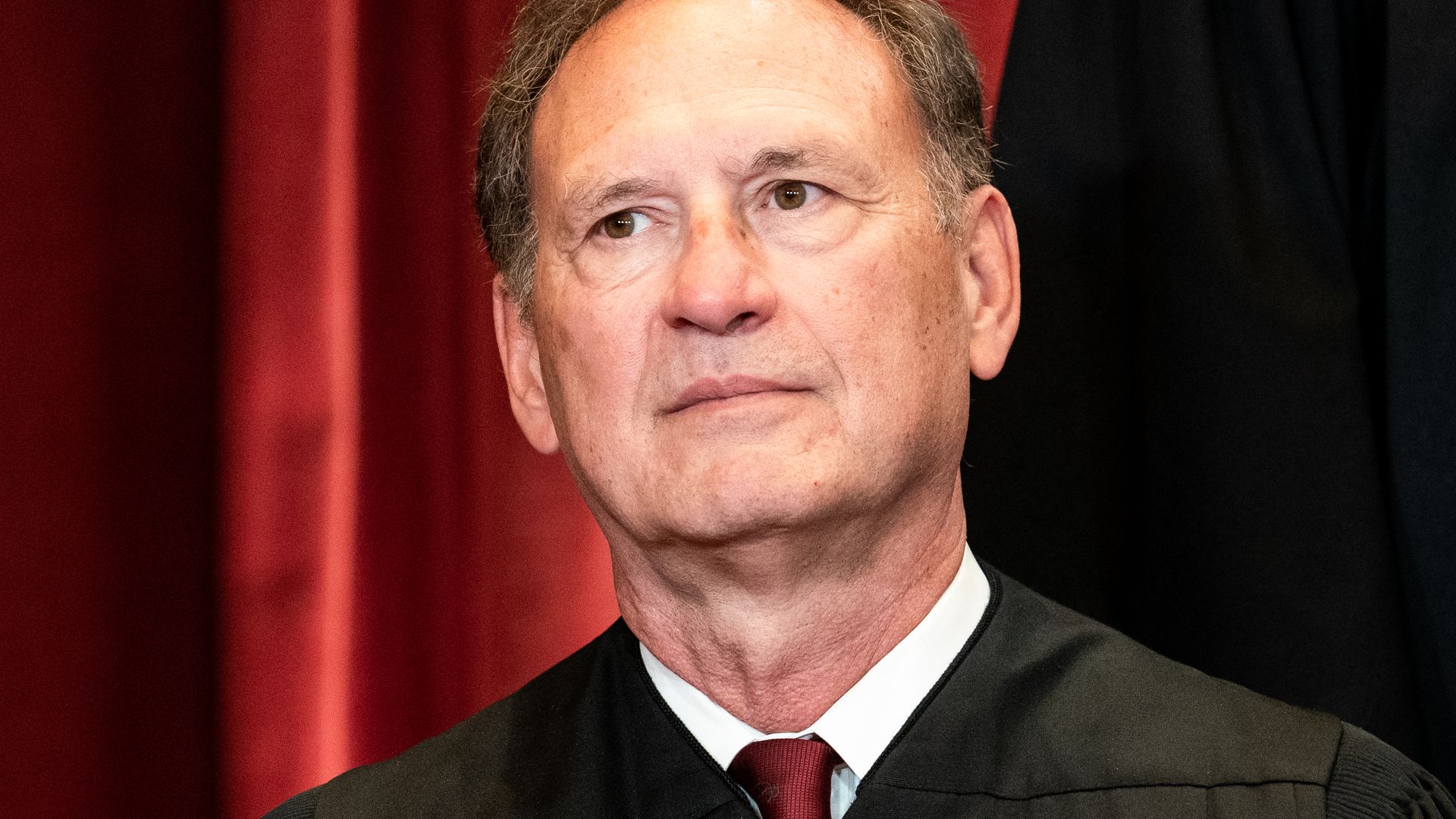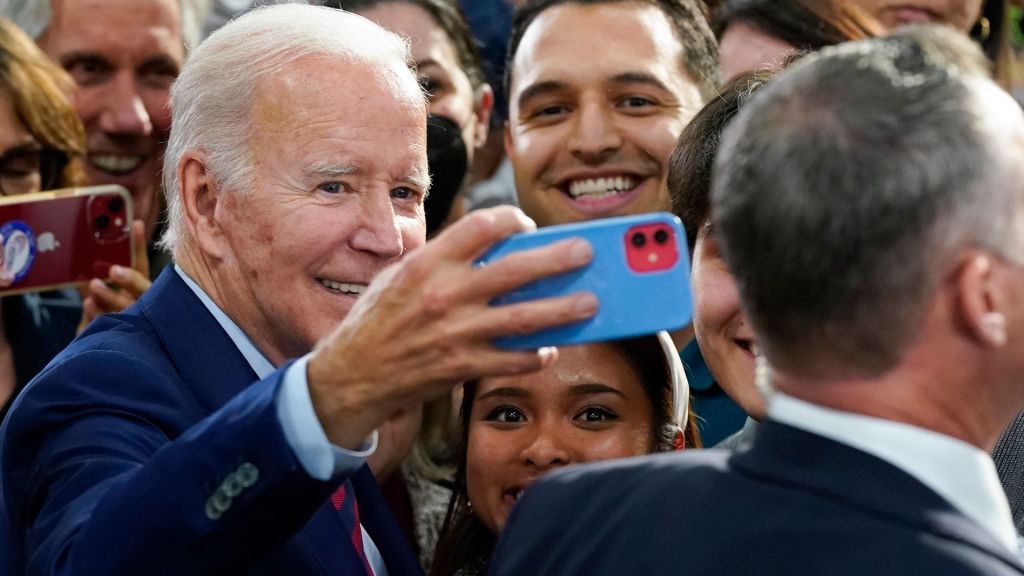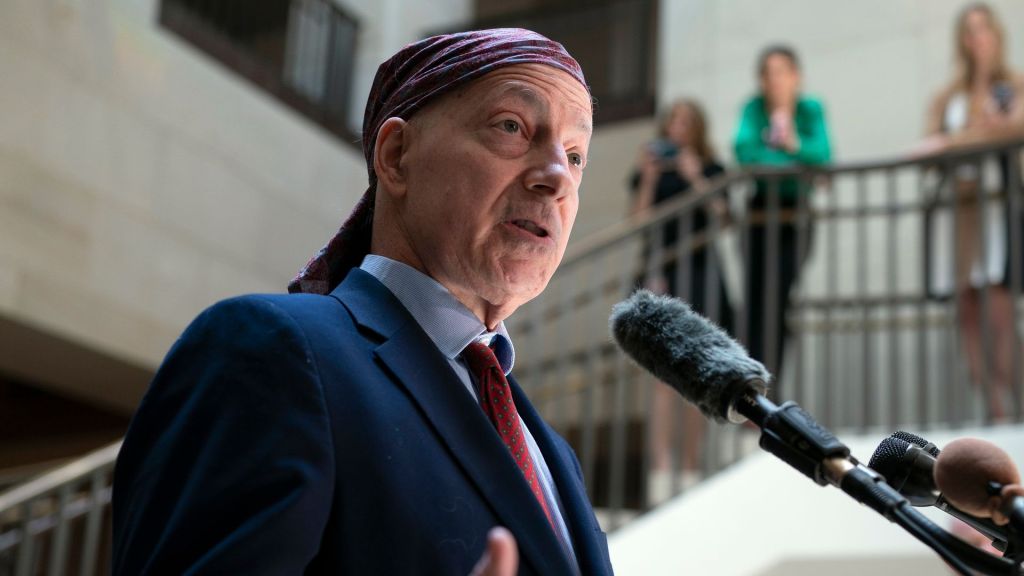
The Chairman of the Senate Judiciary Committee is trying to get Supreme Court Justice Samuel Alito to recuse himself from an upcoming case. Why? Because one of the lawyers involved in the case interviewed the Justice and then wrote an op-ed about him in the Wall Street Journal.
The case is Moore V. US, a 16th Amendment case involving federal taxes. The lawyer is David Rivkin, who wrote an opinion piece in the Journal titled: Samuel Alito, the Supreme Court’s Plain-Spoken Defender
Judiciary Committee Chairman Dick Durbin wants Alito to recuse himself because he considers Rivkin’s interview and op-ed to be a conflict of interest. Alito said there is no valid reason for his recusal.
“Senator Durbin’s request for my recusal is presumably based on the theory that my vote in Moore will be affected in some way by the content of the articles that resulted from the interviews,” Alito wrote.
Ray Bogan:
What gives you reason to believe that that Wall Street Journal article that was written about him by the attorney could influence his decision?
Sen. Dick Durbin
Well, I tell you, that was a puff piece. It was an interview by an attorney to tell the Alito point of view and try to make the public aware of where he stands politically. And the same attorney as appearing before him and the case. Come on, you know, let’s connect the dots. That makes no sense. It’s not good for the reputation of the court.
Ray Bogan
Do you have set parameters as to a level of relationship or affiliation that a justice can have with someone before they have to recuse themselves? How do you make that more concrete?
Sen. Dick Durbin
Well, you can’t put in concrete the words appearance of impropriety. When it comes down to an appearance, the justices and all members of Congress as well shouldn’t be sensitive to conflicts of interest, that are apparent to the public at large.
But as Durbin said, it’s tough to create an exact rule for what creates an appearance of a conflict or impropriety. Straight from DC, I’m Ray Bogan.






